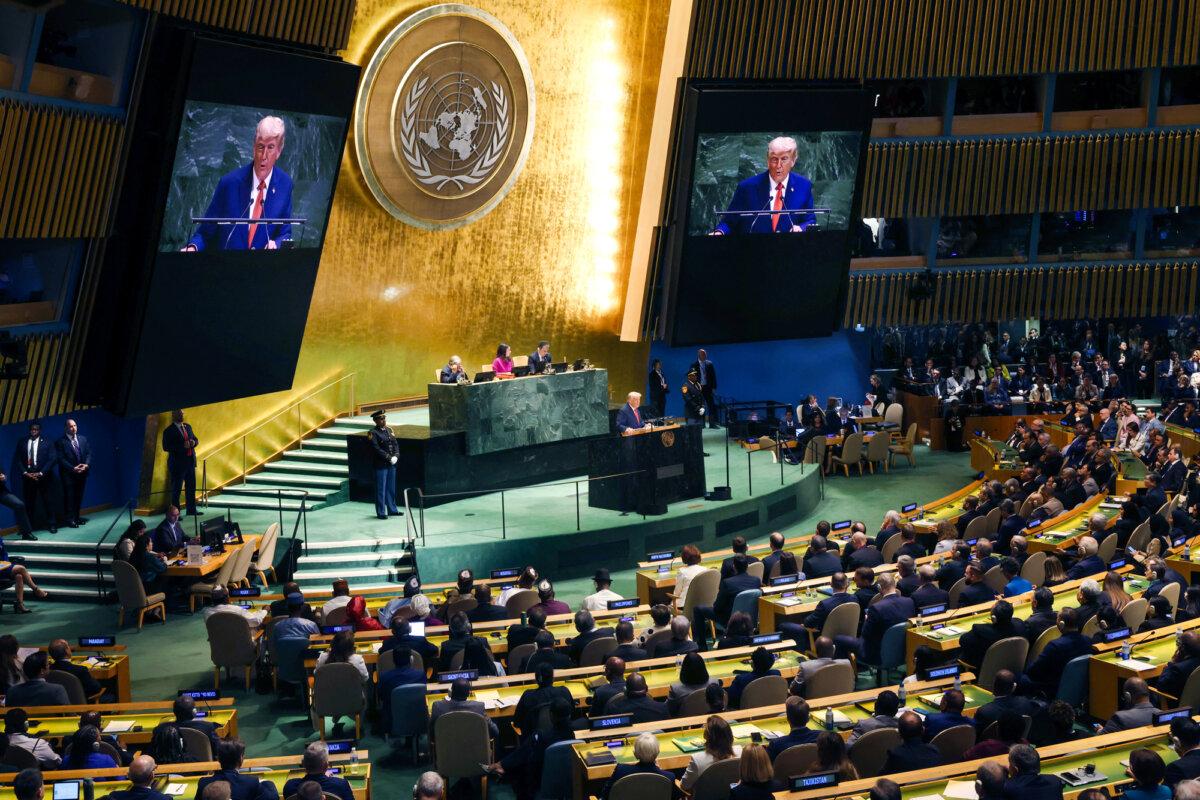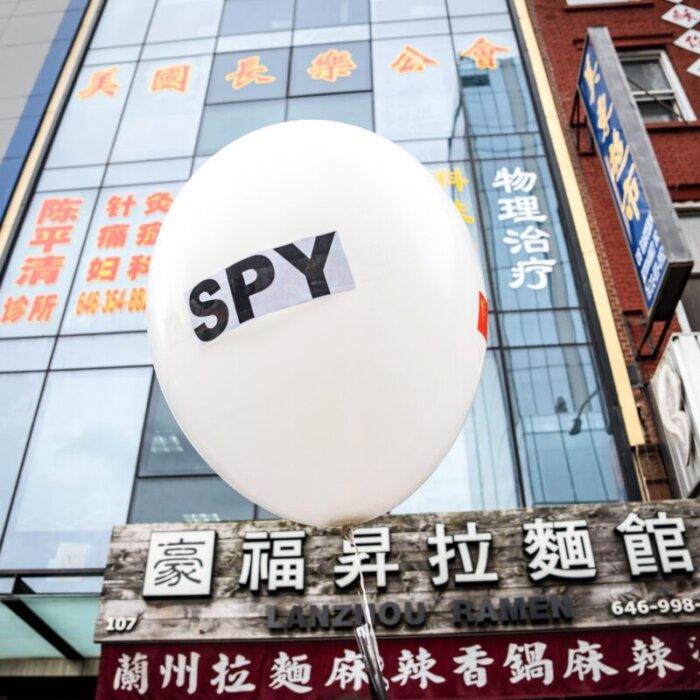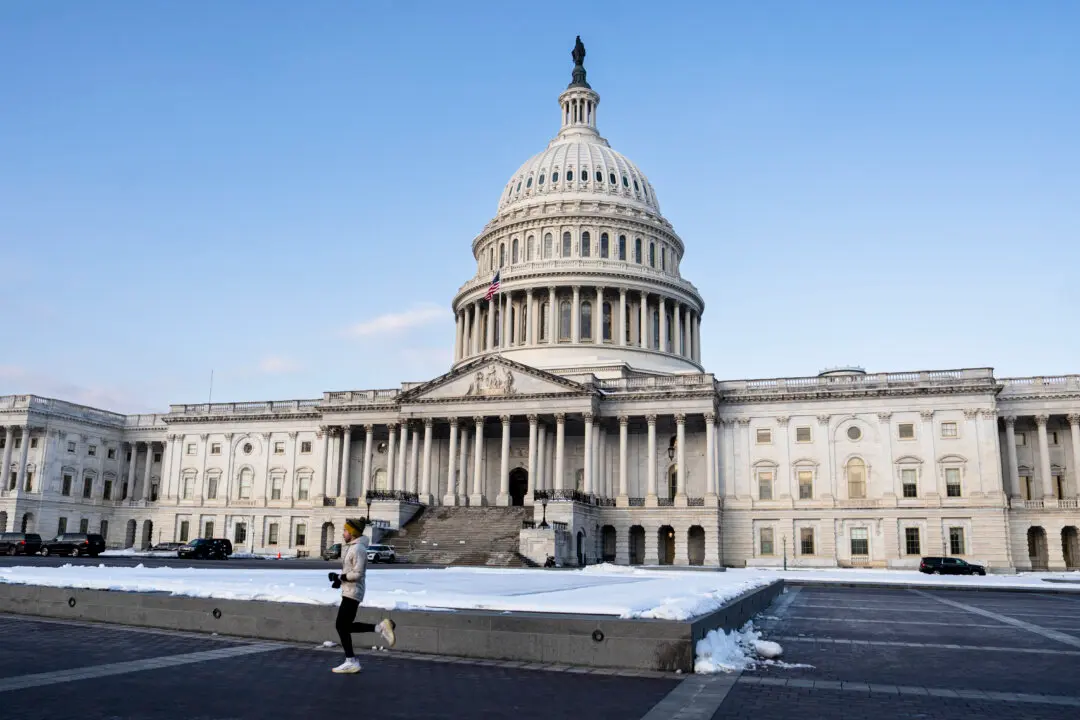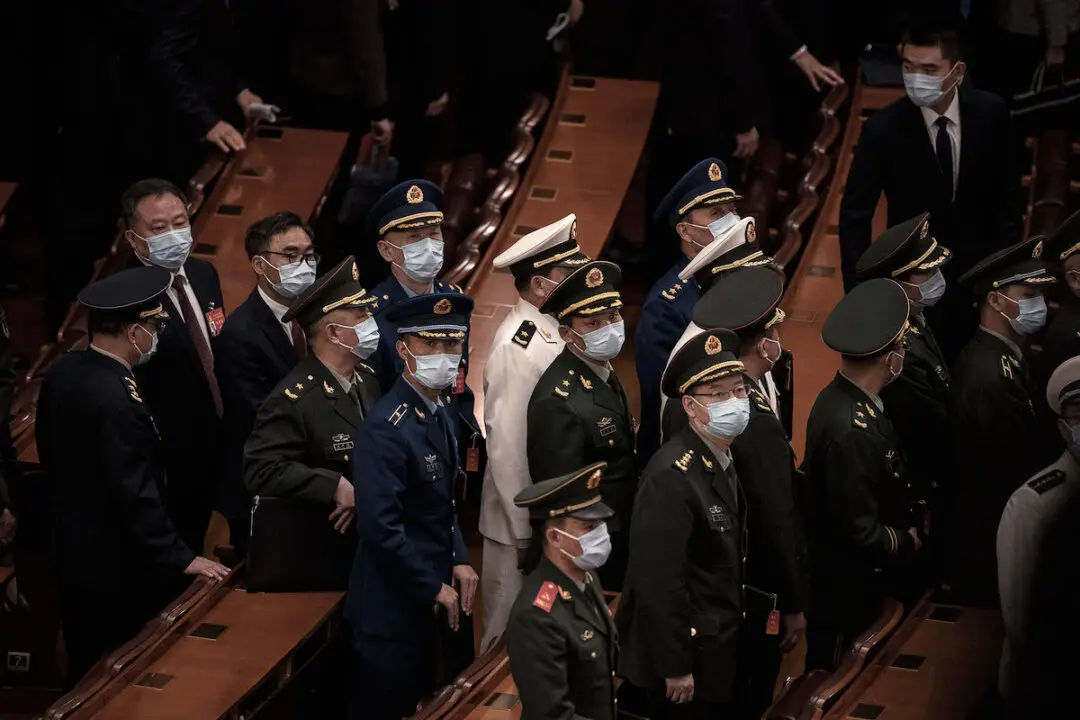In the days surrounding Chinese Premier Li Qiang’s speech at the United Nations General Assembly (UNGA) on Sept. 26, New York City’s streets became a protest stage against the Chinese Communist Party (CCP).
Exiled Chinese dissidents and pro-democracy activists staged protests outside the U.N. and across Manhattan’s East Side.
Their demands ranged from human rights accountability to decrying the CCP’s influence campaigns around the world.
Ahead of the UNGA session, Chinese pro-democracy groups assembled outside the Chinese Consulate and the U.N. headquarters on the morning of Sept. 23. By midday, a smaller contingent of pro-CCP supporters arrived near 2nd Avenue and 47th Street, waving flags of the CCP.
For the exiled activists, seeing CCP flags in New York was more than symbolic. It felt like the party’s shadow had followed them across the ocean. Pro-democracy activists called for the deportation of pro-CCP supporters and an end to the communist regime in China.
One Chinese dissident, Bai Jiemin, confronted the pro-CCP group and warned them that the federal government is currently scrutinizing immigration fraud.
“Some may have obtained status through asylum fraud,” he said. “Even if they’re American citizens now, they could be subject to deportation [due to immigration fraud]. I believe the federal government should look into them.”
Pauline Ye, a Falun Gong practitioner standing by the street, described the scene, “I heard them sing, ‘Without the Communist Party, there would be no new China’ while our ‘End CCP’ vehicle caravan passed by. They turned to me and said, ‘You dare go back to China? You’ll see.’”
Ye, who left mainland China more than 30 years ago, shrugged off the threat.
“They wanted to threaten me, but I haven’t gone back in nearly three decades. Mainland [China] has been hijacked by the Communist Party thugs, so why should I return?!” Ye said. “I will never lose my dignity by bowing and scraping to the CCP.”

Voices from the Chinese Diaspora
As the day’s protests grew, dozens of Chinese dissidents from across the United States converged in the U.N. Headquarters and the surrounding avenues. From voicing demands for democracy in China to telling personal stories of the CCP’s oppression, the protesters represented a mixture of vulnerability, defiance, and hopeful resolve.“Although the journey was perilous, it was a necessary path to freedom,” he said. “Now, being able to speak freely in the United States is an incredibly precious experience.”
Liu Xiang, who grew up in East Turkistan, or what the CCP calls “Xinjiang,” witnessed religious persecution in the Uighur-majority region. He was arrested and interrogated simply for using a virtual private network (VPN) to bypass the CCP’s online censorship and access information from the outside world.
Sculpture, Slogans, Symbolism
On Sept. 26, the protest entered its most theatrical phase. At the center was the “CCP Virus” sculpture, a hammer-and-sickle icon covered in spiky virus motifs, assembled by New Zealand-Chinese sculptor Chen Weiming. It was mounted atop a platform traversing Manhattan as part of a mobile caravan.According to Chen, the sculpture is a visual representation of the CCP’s criminality.
“A few years ago, the CCP spread the virus to the whole world, lied to the entire world, and brought enormous disaster,” Chen said.
As Shirley captured in his X post, the caravan’s imagery galvanized onlookers, and the social media traction from his post helped the protest story reach far beyond New York.
Transnational Repression
Many dissidents accused the CCP of extending coercive power overseas, citing threats, stalking, and intimidation of exiled activists, even in distant countries such as New Zealand.Xing Jian, who fled initially to Thailand after his father was imprisoned, said the CCP had pressured him through diplomatic channels even in exile.

Xing was accepted by the New Zealand authorities as a U.N. quota refugee while in Thailand due to the CCP’s attempts to extradite him to China. At the time, Thai authorities complied with the CCP’s request and held Xing at a detention facility. Xing is currently visiting the United States and joined the “CCP Virus” caravan to speak out against the CCP’s oppressive rule.
Looking Forward
Together, the protesters from various backgrounds created a movement against the CCP while in exile.The Chinese pro-democracy activists gave speeches and called on the federal government to expand investigations into CCP proxy agents, enforce immigration laws more rigorously, and limit the CCP’s influence within international bodies such as the U.N. They pressed for legislation to hold the CCP accountable for transnational repression and COVID-19 coverups.
Many participants described the protests as being more than a moral stand, but a demand for dignity, and a refusal to let past sufferings go unseen.







